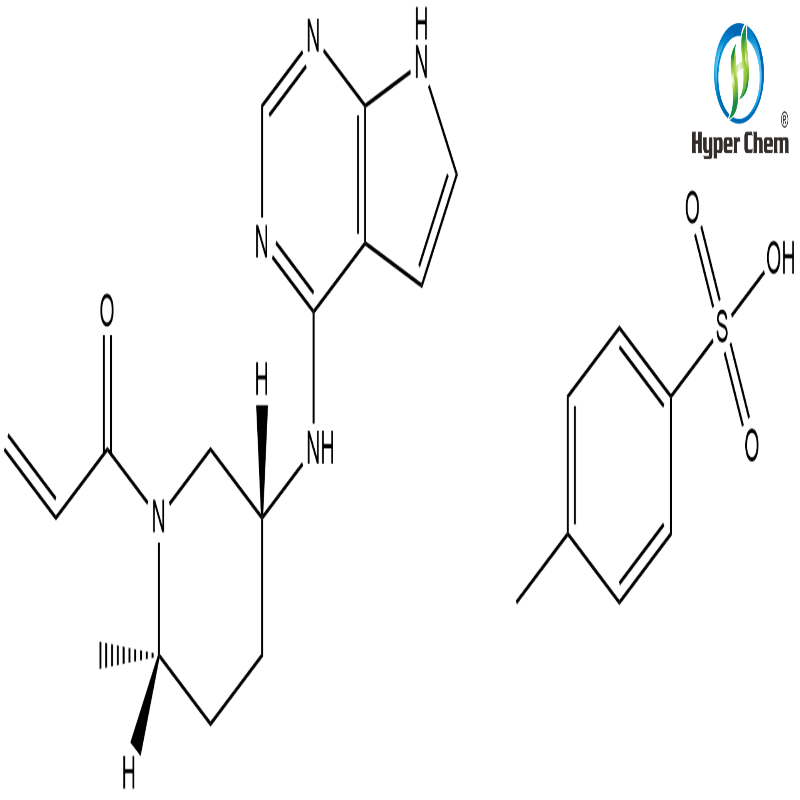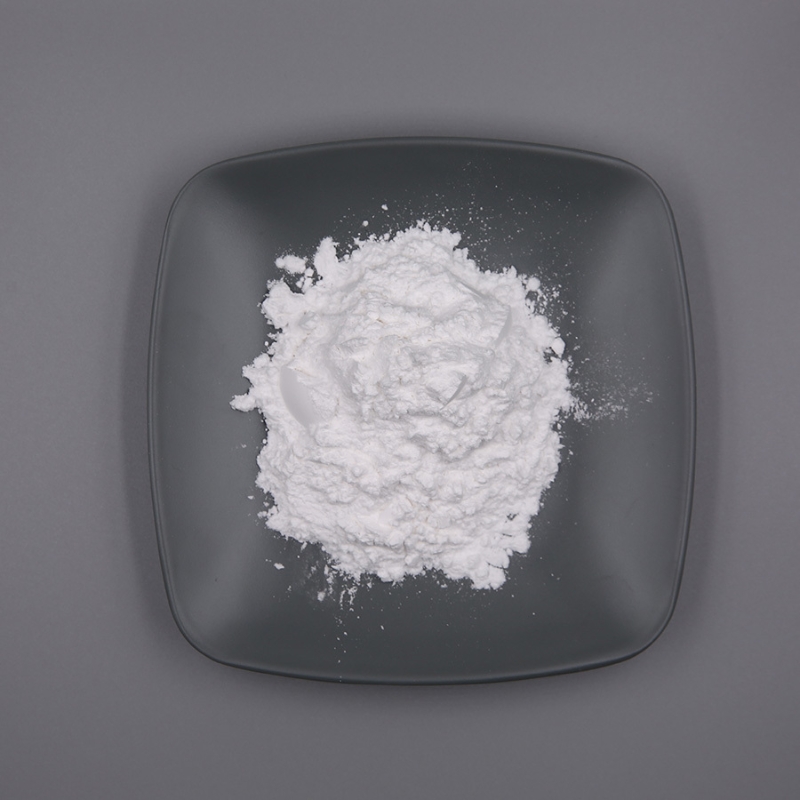-
Categories
-
Pharmaceutical Intermediates
-
Active Pharmaceutical Ingredients
-
Food Additives
- Industrial Coatings
- Agrochemicals
- Dyes and Pigments
- Surfactant
- Flavors and Fragrances
- Chemical Reagents
- Catalyst and Auxiliary
- Natural Products
- Inorganic Chemistry
-
Organic Chemistry
-
Biochemical Engineering
- Analytical Chemistry
-
Cosmetic Ingredient
- Water Treatment Chemical
-
Pharmaceutical Intermediates
Promotion
ECHEMI Mall
Wholesale
Weekly Price
Exhibition
News
-
Trade Service
!--webeditor: "page title" -- July 27, 2020 /PRNewswire/ -- A recent study published in the international journal Molecular Systems Biology entitled "Mechanism Drug-of-action discovery" In the most comprehensive analysis of how cancer drugs work at the molecular level, scientists from the Welcombe Foundation's Sanger Institute in the UK analyzed drug response data in combination with CRISPR genetic screening techniques to analyze hundreds of cancer cell lines and gain insight into how drugs target cancer cells more precisely.
photo source: CC0 Public Domain researchers identified 50 percent of the drug mechanisms in 397 drugs tested, which may help improve understanding of the biological mechanisms behind drug responses, which could quickly and more effectively facilitate the development of new cancer drugs and future individualized therapies for cancer patients.
historically, the success rate of drug development has been low, with less than 10% of the expected compounds entering clinical trials.
researchers don't fully understand how cancer drugs kill cancer cells at the molecular level, which means that cancer drugs may not work as researchers expect, and when a drug is used to target the weakness of cancer cells caused by mutations in DNA, there are problems that occur, and some drugs target multiple proteins, so they tend to be more toxic to patients, and some drugs are not effective enough to kill cancer cells.
in recent years, new approaches have helped improve the success rate of drug candidates, such as Cancer Dependency Map, which can develop reference sets from cancer cell models in cancer patients, and which can grow in the laboratory and are widely used in research, one of which uses drug screening, which detects the activity of anticancer drugs to identify specific cancers that respond to specific compounds.
another breakthrough in the study, in which researchers were able to use CRISPR-Cas9 technology to edit genes in cancer cell lines and determine the importance of these genes for cancer cell survival through a single closed gene, in which researchers combined CRISPR-Cas9 technology with pharmacological screening technology to screen 397 cancer-fighting compounds in 484 cancer cells, including FDA-approved cancer drugs, clinically developed drugs, and early-stage compounds.
by searching for associations between two databases covering 484 cell lines, the researchers analyzed the extent to which drug sensitivity corresponded to CRISPR knockout at drug targets, and eventually identified 865 significant associations between drug response and gene dependence.
researcher Emanuel Gon? Alves says the effect of destroying a gene is not the same as suppressing the protein produced by it, but when a molecular pathway or function is associated with CRISPR screening data from the drug response data set, we can more clearly articulate the mechanismof the drug at the molecular level and whether the drug will work as we expect.
researchers were able to determine how 50 percent of the compounds tested kill cancer cells, and while the mechanism of action of half of the drugs is unclear, that doesn't mean they don't work, and researchers may need to study them at the molecular level to understand the mechanisms of the drugs.
, the researchers found some surprising results, such as the association between the MCL1 and MARCH5 genes found in breast cancer cell lines, which often change in human cancer and are directly related to chemotherapy tolerance and cancer recurrence, and in breast cancer cell lines that rely on MCL1 and MARCH5, drugs that target MCL1 proteins to inhibit their activity may be much more effective.
understanding the molecular pathways involved or helping researchers understand why a drug is effective in some patients, such as the association between MCL1 and MARCH5 in breast cancer, can reveal an important molecular association that researchers don't know about, and then help researchers understand the mechanisms of mcL1 protein inhibitors and which cancer patients the drugs can be beneficial to.
a deepunderstanding of the biological mechanisms behind drug responses and the genomic properties behind them may help researchers identify new biomarkers, guide combination drug therapies, and help ward off patient tolerance to cancer drugs, and finally researcher Mathew Garnett points out that the key challenge in precision medicine research is to understand which drug is in a particular patient population. The most effective, crucial step is to fully understand how a drug works in cells, and by combining pharmacological techniques with CRISPR screening techniques, researchers are expected to reveal which drugs play a role in which types of cancer, which may also push research deeper into the field of precision cancer research.
() References: 1. Drug screens and CRISPR combine to help make better cancer drugs 2. Helen Dowden et al. Trends in clinical success rates and therapeutic focus, Nature Reviews Drug Discovery (2019). DOI: 10.1038/d41573-019-00074-z-!--/ewebeditor:!--webeditor: "Title" - 3. Emanuel Gonalves et al. DOI: 10.15252/msb.20199405 !--/webeditor:page."







